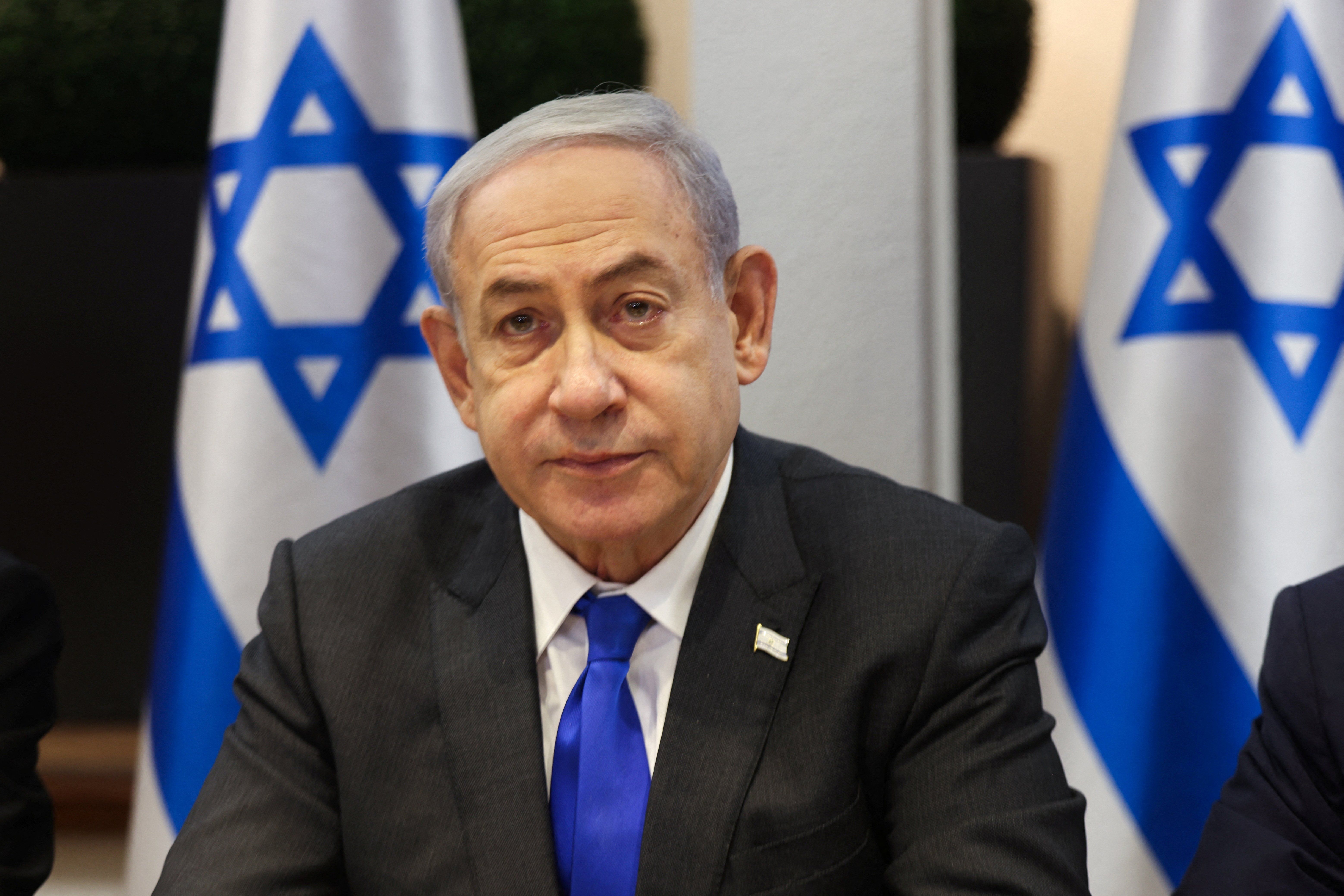Israeli envoy Ron Dermer is in Washington this week for talks about when and how Israel might end its assault on the Gaza strip. International calls for a ceasefire continue to grow, and even the US – Israel’s staunchest ally – has gently warned Israel about the risks of an endless quagmire.
Still, Dermer’s boss, Israeli PM Benjamin Netanyahu, seems unfazed, visiting IDF troops in Gaza earlier this week and pledging to continue the assault on Gaza until “victory.”
Writing in the Wall Street Journal, he said that means “destroying” Hamas and “deradicalizing the whole of Palestinian society.” How that will be achieved is, of course, an open question. So far, Israel’s response to the October 7th Hamas massacre has killed more than 20,000 people in Gaza and displaced nearly 2 million.
Crickets for Cairo: Both Israel and Hamas had little to say about a recent Egyptian ceasefire proposal that envisioned Hamas releasing hostages, Israel withdrawing from Gaza, and a new government for the Palestinian territories. Hamas says it’s not interested in “temporary” truces.
Regional tremors continue: An Israeli airstrike in Syria on Monday killed a senior Iranian military figure who reportedly oversaw weapons shipments to Hezbollah, and the US struck Iran-backed militias in Iraq in retaliation for a drone strike on US troops.
India jumps in: In a sign of the widening global impact of the Gaza war, India has sent warships to the Red Sea to protect vessels carrying cargo to and from the subcontinent.
The move came a day after a drone, allegedly from Iran, struck a tanker off the Indian coast. Iran-backed Houthi rebels, meanwhile, have been attacking ships in the Red Sea for weeks in solidarity with Hamas, prompting the US to lead an international maritime security coalition in the region.
India, in contrast to much of the “Global South”, has signaled support for Israel. New Delhi has deepened ties with the Jewish state under the leadership of PM Narendra Modi, whom rights groups have accused of discriminating against India’s Muslim minority at home.
